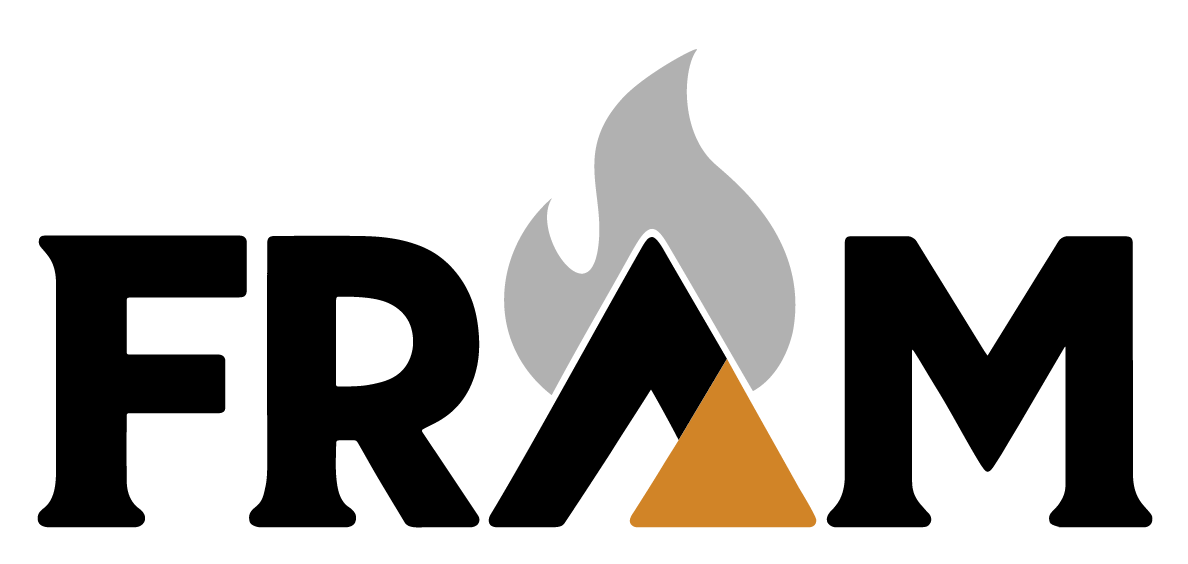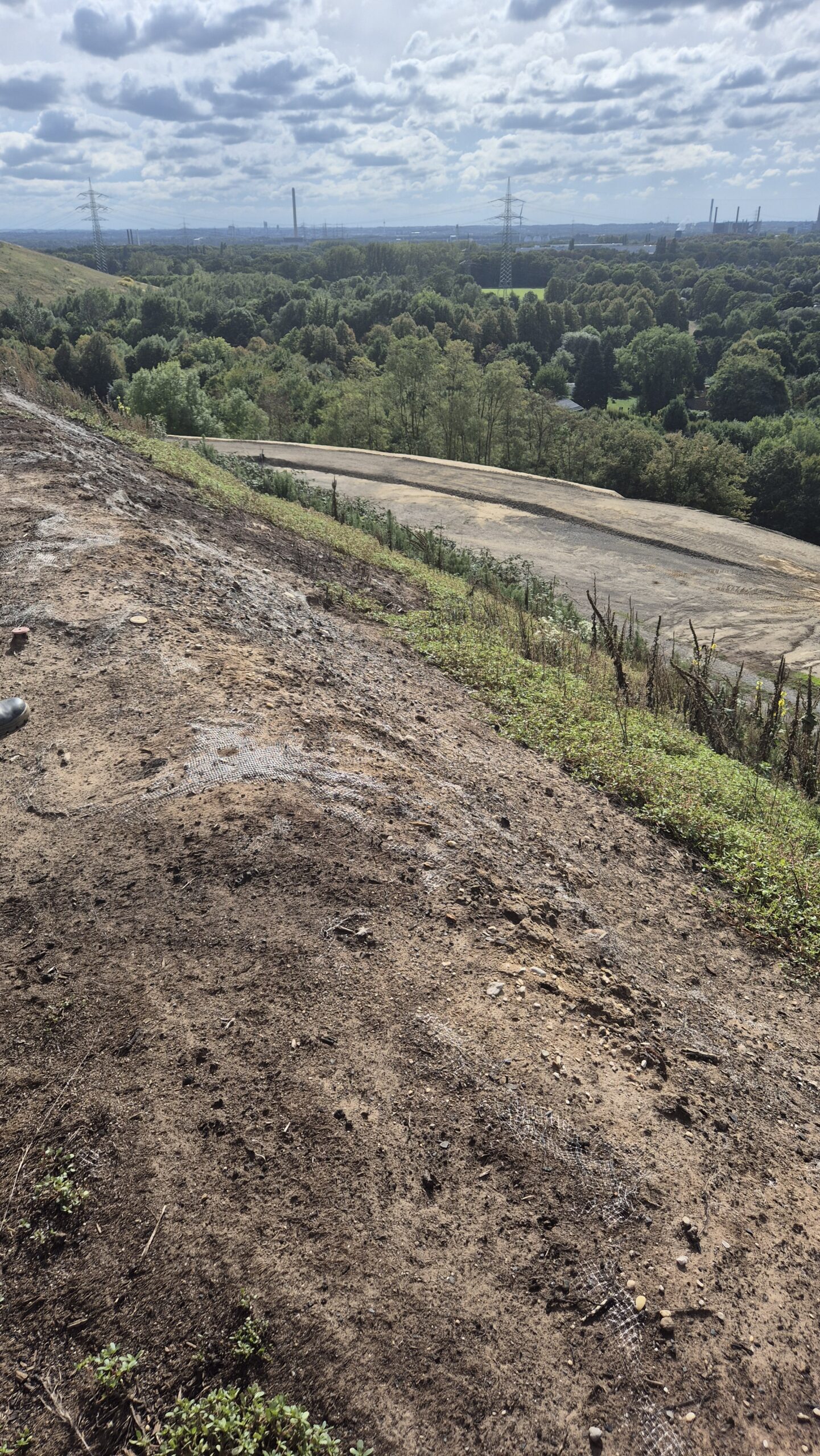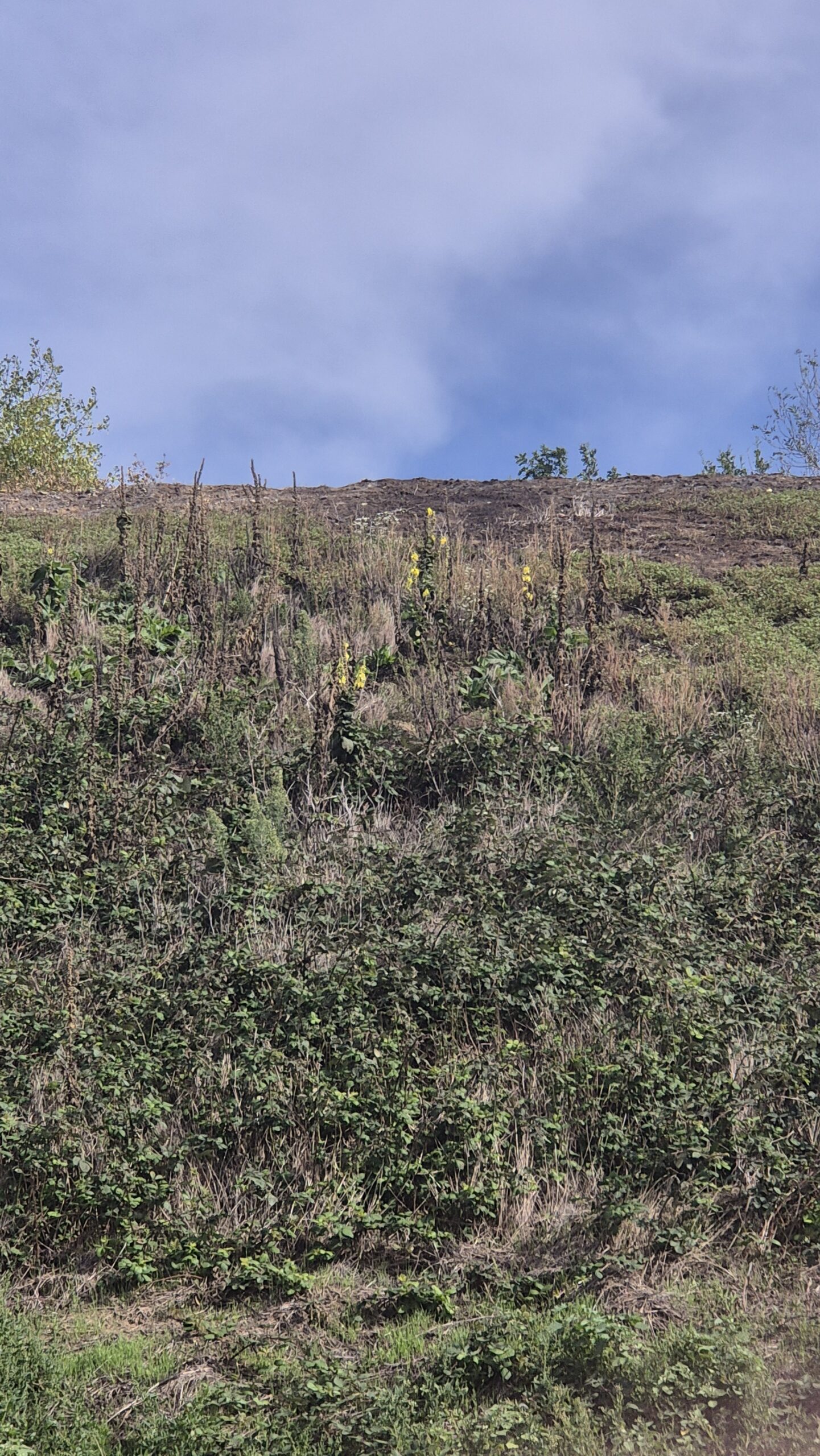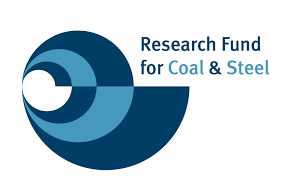Fire Risk Assessment and Management of European Coal Heaps (FRAM)
Innovative monitoring and prevention strategies for coal stockpiles with a potential risk of spontaneous combustion


Das FRAM-Projekt (Fire Risk Assessment and Management of European Coal Heaps) widmet sich einem der bedeutendsten Umweltrisiko ehemaliger Bergbaugebiete: der Selbstentzündung von Kohlehalden. Diese Halden enthalten Restkohle, die sich spontan entzünden könnte. Die daraus resultierenden Langzeitbrände, Gasemissionen und Bodeninstabilitäten stellen Risiken für Ökosysteme, öffentliche Gesundheit und Infrastruktur dar.
In the context of Europe's phase-out of coal, the safe handling of these legacy sites is of great scientific and social importance.

Project objectives
FRAM aims to develop innovative monitoring and prevention strategies for coal piles with a potential risk of spontaneous combustion. The use of drone-based thermography, real-time gas emission sensors, and AI-supported prediction models should enable risks to be identified at an early stage and measures to be taken to limit damage.
The goals
- Establishment of a comprehensive European database of coal stockpiles, classified according to their fire risk and environmental hazard
- Development of AI-based analysis and prediction tools that combine thermal, chemical, and environmental parameters
- Testing of autonomous surveillance systems powered by renewable energy
- Contributing to the reduction of greenhouse gas emissions from self-combustion in coal heaps
- Supporting the EU's Just Transition Mechanism through safe rehabilitation and sustainable reuse of areas in regions of transition
The Fire Risk Assessment and Management of European Coal Heaps (FRAM) project will be funded until 2028 by the Research Fund for Coal and Steel .
Project number: 101216667
Methodology
FRAM combines innovative technologies and interdisciplinary research:
- Thermal remote sensing using UAVs (drones) and satellites to measure the temperature of the surface of coal heaps
- In-situ sensors for measuring gas emissions and temperature changes
- AI models for risk analysis and early detection of spontaneous combustion processes
- Validation in the field at selected European locations with different geological and climatic conditions
Consortium
The project is coordinated by VUHU a.s. (Czechia) and supported by leading research institutions from Czechia, Poland, and Germany.
| Coordinator | VUHU a.s. | Czechia |
| Partner | VSB – Technical University of Ostrava | Czechia |
| Partner | Główny Instytut Górnictwa – Państwowy Instytut Badawczy (GIG-PIB) | Poland |
| Partner | Instytut Techniki Górniczej KOMAG | Poland |
| Partner | Instytut Mechaniki Górotworu PAN (IMG PAN) | Poland |
| Partner | Poltegor Instytut Górnictwa Odkrywkowego | Poland |
| Partner | DMT-Gesellschaft für Lehre und Bildung mbH – Technische Hochschule Georg Agricola | Germany |
Project duration
36 months (September 1, 2025 – August 31, 2028)
Expected effect
FRAM contributes to the sustainable transformation of former mining regions through the use of modern environmental monitoring, data analysis, and renewable energies.
Contact

Dr.-Ing. Marcin Pawlik
Technische Hochschule Georg Agricola University
Herner Street 45
44787 Bochum
Building 2, room 106
Mail marcin.pawlik@thga.de



